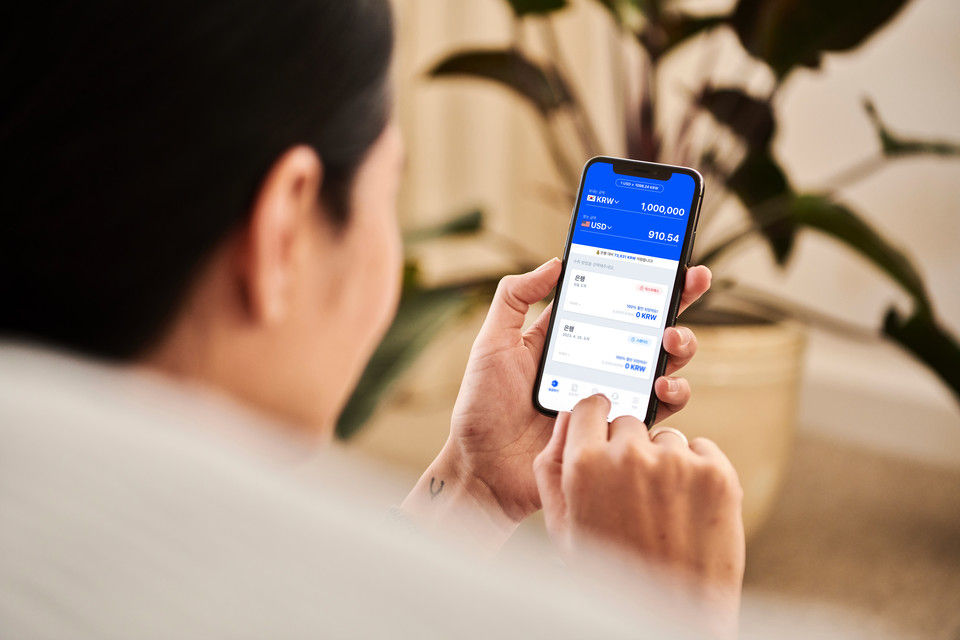[CEO Column] Dreaming together, a fintech becomes a seed
- Jun 25, 2019
- 3 min read

As of 2018, approximately 2.37 million foreigners formally reside in Korea: it has more than doubled compared to 10 years ago (1.16 million). In other words, one in 25 citizens on the streets are foreigners in Korea.
As such figure shows, it is easy to see migrant workers everywhere in the country today. They are the most needed manpower in almost all fields where physical labor is required such as factories and restaurants as well as construction sites, and farming and fishing areas. It is no exaggeration to say that migrant workers are the bloodline in charge of the substructure of the Korean economy.
Conversely, Korea is a hall of dream in which migrant workers realize Korean dream. They are realizing their dream day to day with its hard-earn income for the happiness and future of their family despite the language barrier and unfamiliar surrounding environment.
They are also similar to Koreans who had worked in the United States, Japan, and the Middle East between the 1970s and 1980s. Looking at the current migrant workers who have come to Korea for a new dream, it seems beyond years as if they are like our parents' generation of 40-50 years ago.
Then, what is the financial activity which is the closest connection with migrant workers? It might be related to the remittance fee. Last year, Sentbe conducted a survey asking 1,739 migrant workers on their financial life.
69% of the respondents answered that they transfer money to a home for their family's living expenses. The survey also showed 79% of the respondents send money more than once a month. Slight increase in remittance fee would financially impose a significant burden. Expensive remittance cost is not only problematic for migrant workers in Korea. The United Nations (UN) announced in 2015 17 Sustainable Development Goals (SDGs) to be achieved by 2030 with the efforts of the UN and international community in terms of poverty, climate change, and education, etc. Of them, we need to look into the 10th goal which addresses inequalities within and among countries.
This goal is closely related to remittance service. Better serving migrant workers to make them send their migrant income in an easier and cheaper way is connected to global poverty eradication and inequality reduction. Sentbe succeeded in attracting investment by an impact investor acknowledging Sentbe's remittance fee of less than 3% is in line with the achievement of the UN SDGs.
Impact investing aims to generate both financial gains and social value. While good investment is not to invest in socially and environmentally harmful companies. Impact investing, however, takes a step further and more actively supports businesses that can have positive social and environmental impacts.
Fintech has been evolving into a variety of services in many areas that financial institutions have not seen before. Such fintech-based services have been growing as impactful fintechs having good influences that contribute to the global village.
Dreaming alone makes it stay in a dream but dreaming together makes it become a reality. With the beginning of lowering the remittance fee, Sentbe as an impact fintech would also become a dream to build together for the global community. We will also need to keep moving forward without abandoning towards innovation so that all of us would be able to smile together in the near future.
Published in Aju Business Daily on June 25, 2019.



Comments